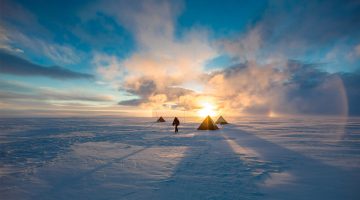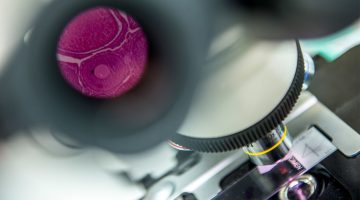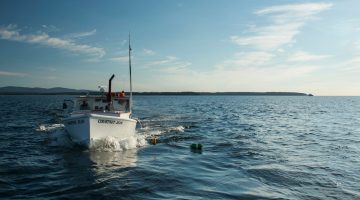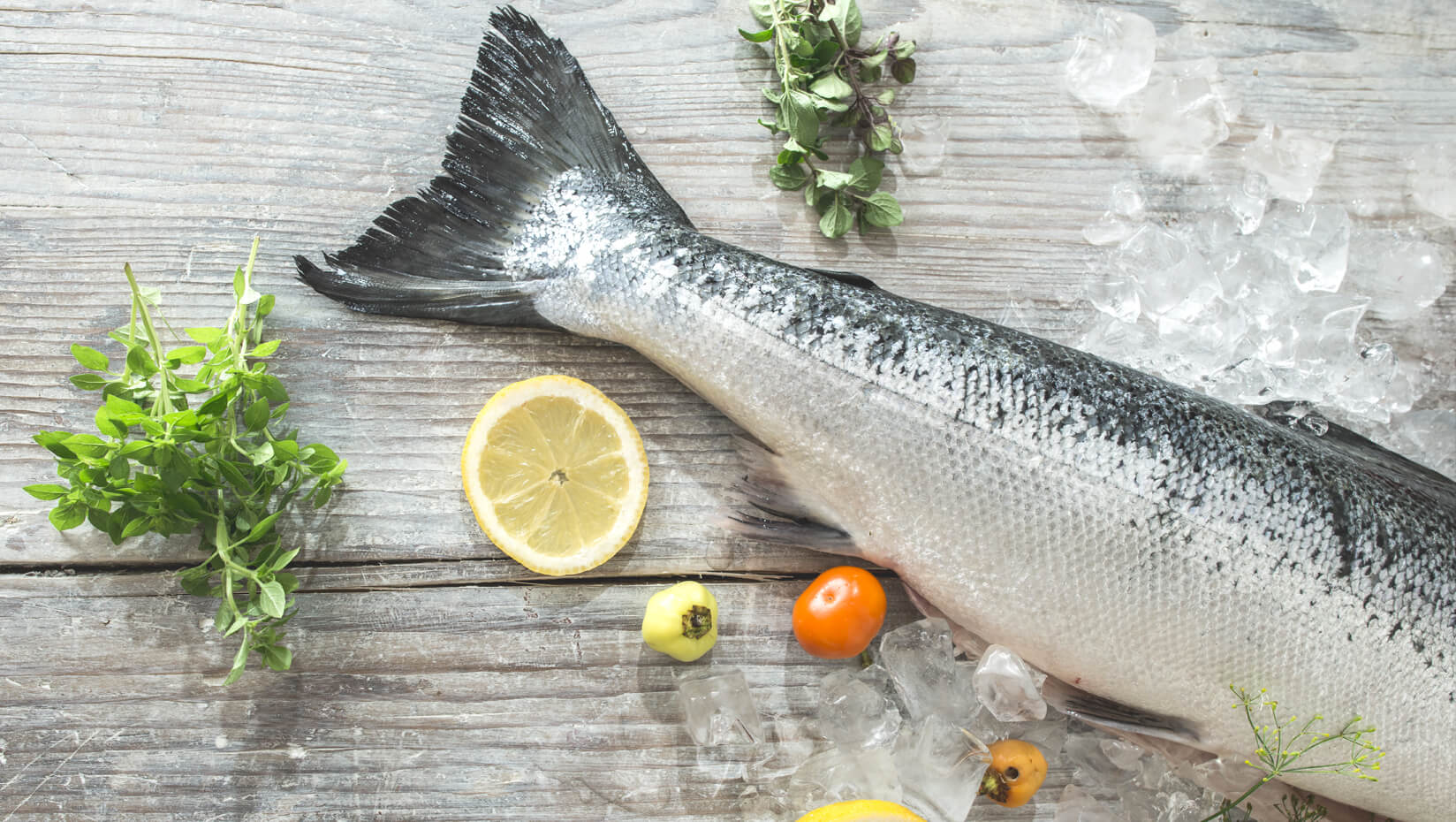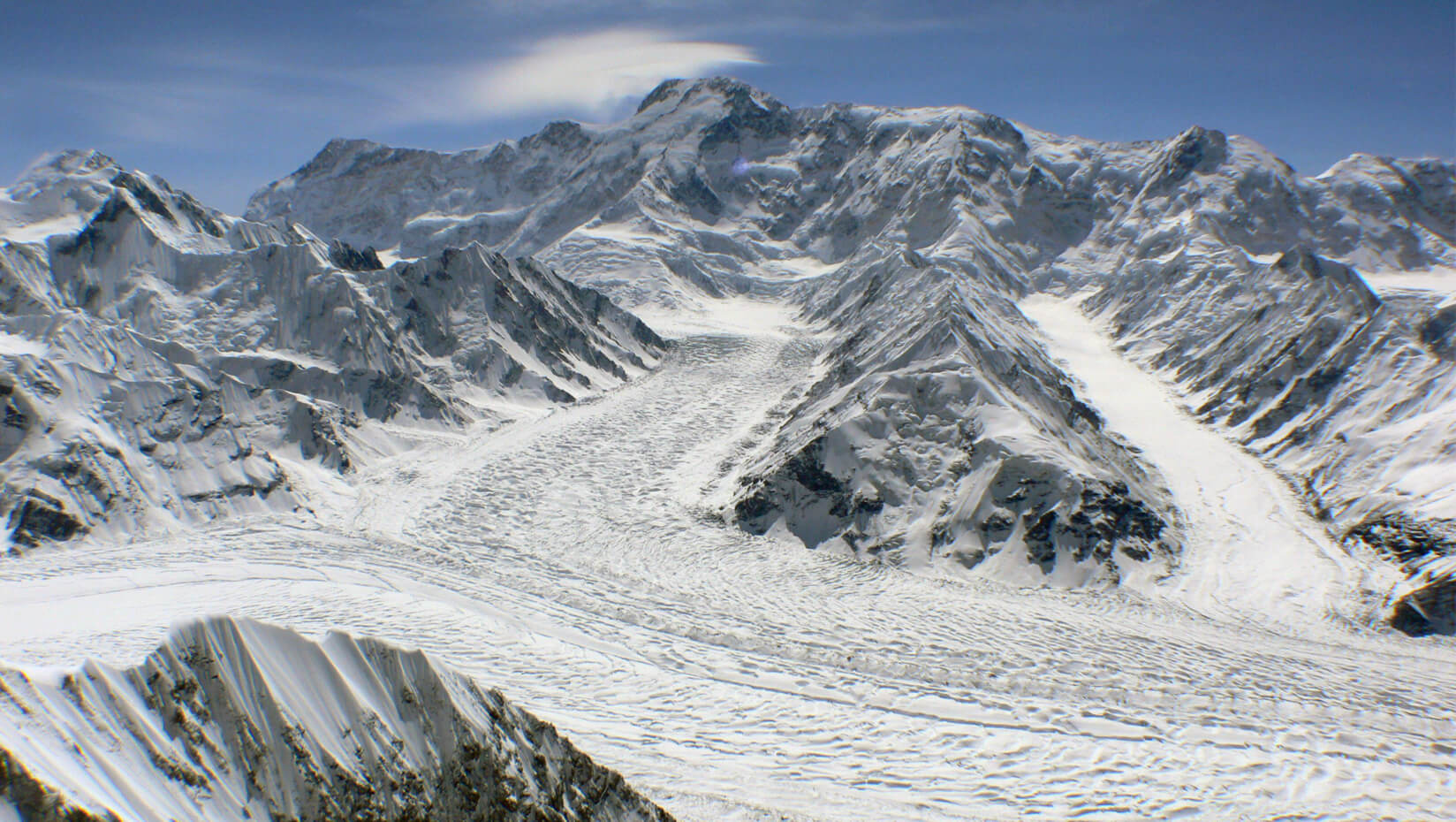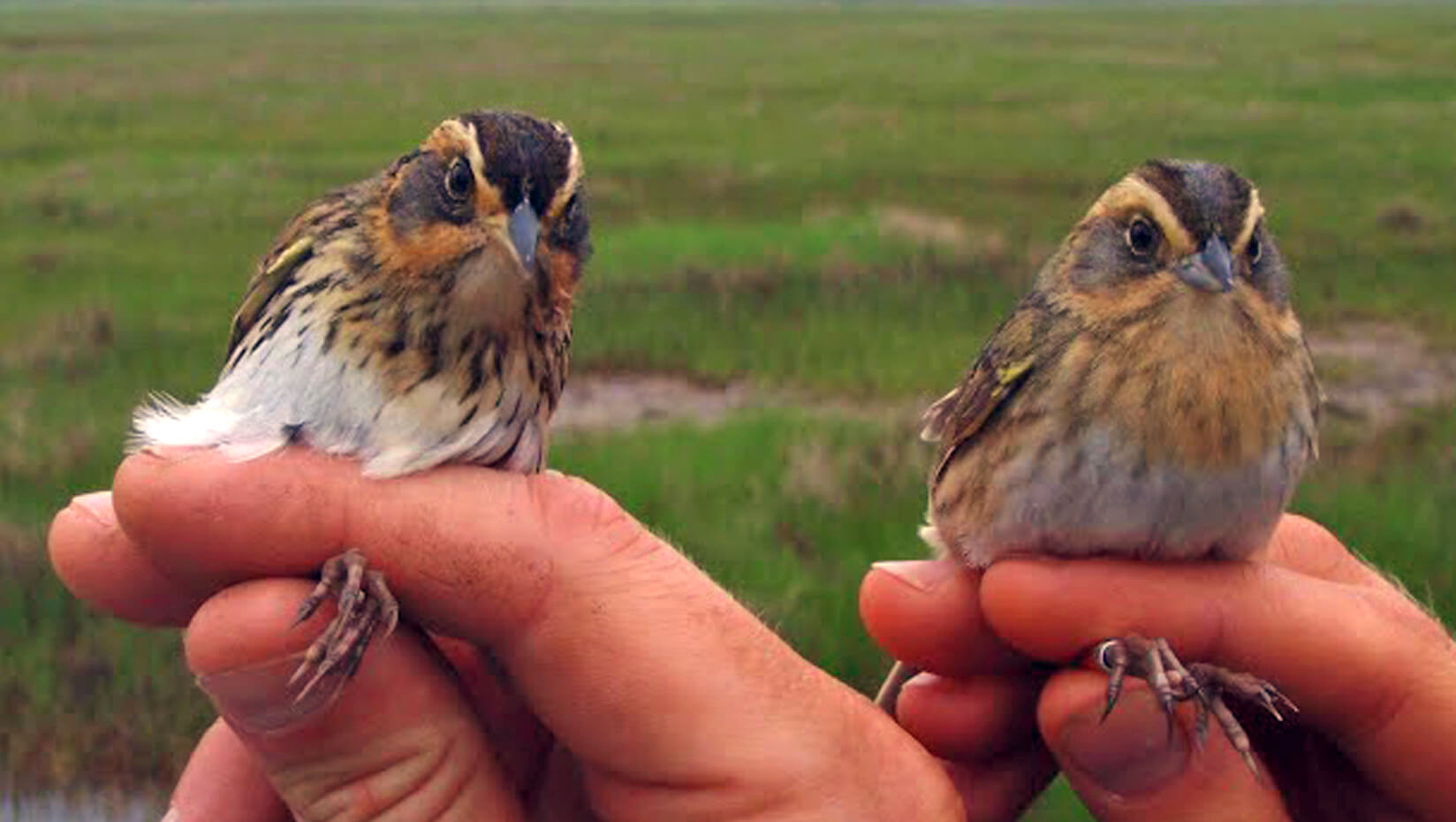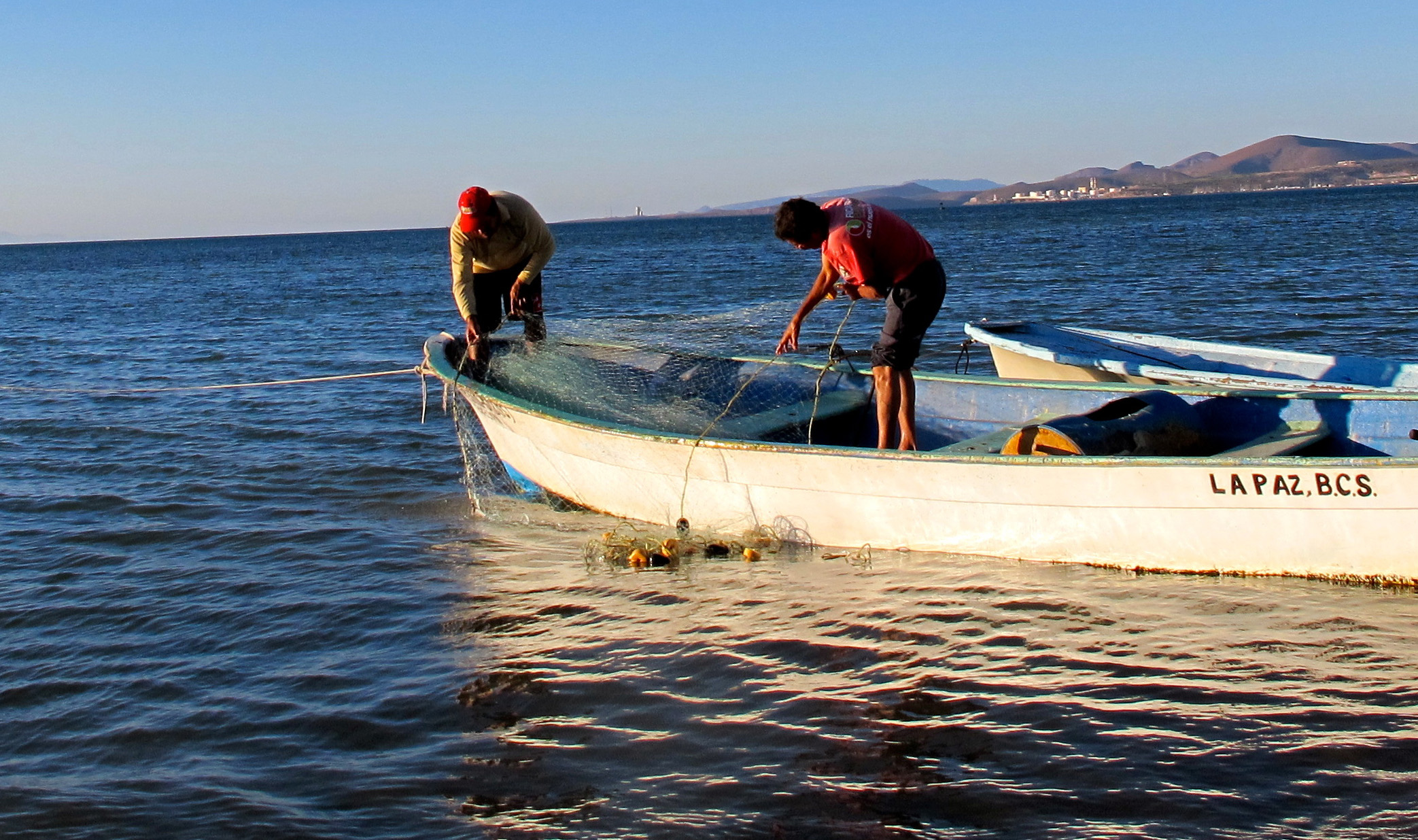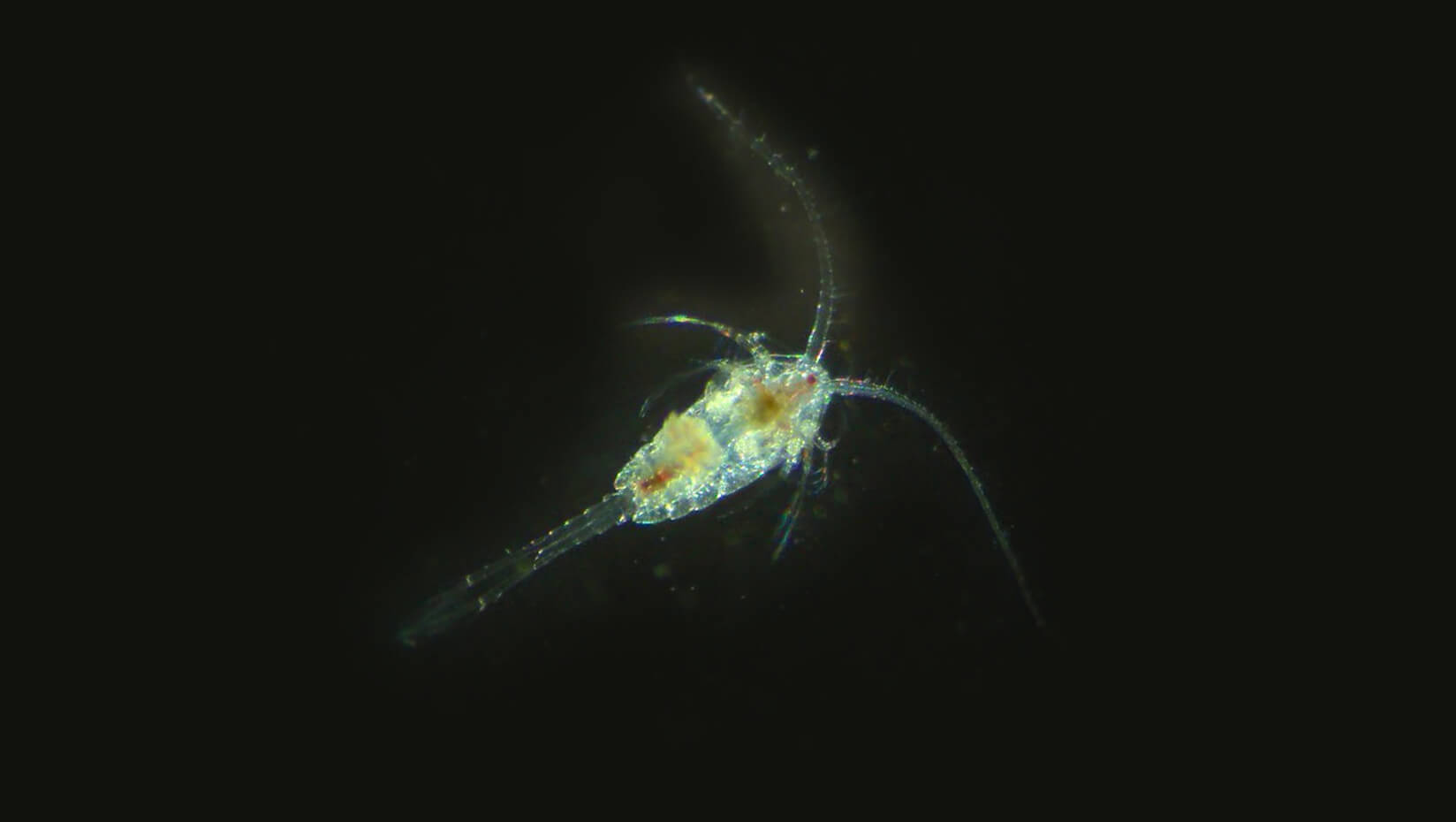Chantel Banus: Exploring consumer acceptance of seaweed products
Chantel Banus, second-year master’s student in human nutrition at the University of Maine, is working to determine the factors that influence consumer purchase of seaweed products in the United States. Banus is conducting a survey to see what consumers are looking for in seaweed products and what influences their decision to purchase them. She wants […]
Read more

